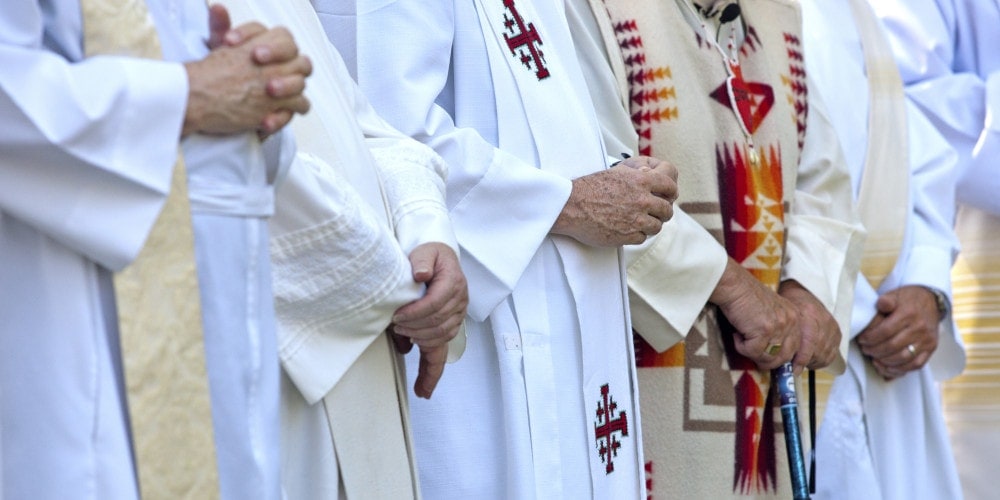
Editor's note: News commentaries are intended to express the richness and variety of informed and responsible Adventist opinion on current issues. They do not necessarily convey the viewpoint of the Adventist Review editorial team or the General Conference.
, editorial director, Asociación Casa Editora Sudamericana, the Argentinian Seventh-day Adventist publishing house in Buenos Aires
As an Argentinian and fellow countryman of the former archbishop of Buenos Aires, I had a hunch that Pope Francis would write history before long.
The pope is a charismatic leader who has fascinated Christians and nonbelievers alike. That is not coincidental. He is a ground-breaking pope in many ways. He is the first Latin American pope, the first Jesuit pope, the first non-European pope in more than 1,000 years, and the first to choose Francis as his papal name after St. Francis of Assisi, champion of the poor.
Francis’ out-of-the-box thinking has caused him to get more media coverage than the previous two popes together. In August, for example, he made it to the cover story of National Geographic magazine, and his nine @Pontifex Twitter accounts have more than 20 million followers.
In many ways, Francis is also shaking longtime and hard-to-remove traditions and beliefs of the Roman Catholic Church. In his first Holy Thursday Mass, instead of celebrating it at a basilica and washing the feet of priests, Francis preached at a youth prison and washed the feet of several inmates, including women and Muslims. More recently, on Sept. 1, Pope Francis announced he would open a special, temporary “mercy” window to make it easier for women who have had abortions and repented to get back into the full good graces of the Catholic Church — a topic that had been entirely off-limits earlier, as well as others like divorce and gay marriage. That’s why Newsweek magazine asked: “Is the pope Catholic?”
Indeed, Pope Francis is having a big moment. Just as careful readers know they cannot judge a book by its cover, however, careful prophetic readers know they cannot judge a prophetic player only by their present. Similarly, although we recognize some positive changes in its recent history, we watch Roman Catholicism having both the past and the future in mind.
History cannot be ignored, and Catholicism does have a record of persecution toward other Christian believers who did not share the same views about faith and practice. Historically, there have been serious abuses of religious freedom when the popular church entered alliances with the state under papal primacy.
As a movement that pays close attention to biblical prophecies, Adventists strongly believe that the seventh-day Sabbath will play a key role in the last-day events before Christ’s second coming. People will have to decide either for God and the true day of rest (Saturday, the seventh-day Sabbath), or against the Creator. We believe that mainstream Christian denominations, including Catholicism, will make an alliance with the state once again, resulting in the suppression of religious freedom and the enforcement of keeping a false day of worship (Revelation 13, 14).
Indeed, the Catholic Church is already playing a leading role in its support for Sunday worship. Pope Francis has issued a call to devote Sunday as a family day. For that matter, since Francis took office as pope, Catholics in alliance with labor unions and the pope himself succeeded in getting lawmakers to pass blue laws in more than 80 Argentinean cities, and they continue to pressure to have them passed in other major cities. Popular Argentinean singer and devoted Catholic Diego Torres, for instance, just launched a song titled “Hoy es domingo” (Today is Sunday), calling people to devote Sunday to attend church and enjoy time with the family.
This week, Pope Francis is paying a historic visit to the U.S. president and Congress. Should we pay attention to this event as leaders of both main religious-political powers of Revelation 13 come together in a historic papal visit? Absolutely. Are we bearing witness to the fulfillment of the prophecy? This is a different issue, and we should not let the heat of current events drive us into a prophetic effervescence.
There is something we can do at this solemn time, though. As the end-time remnant, we are not only spectators but also active players in the last-days stage. We ought to preach the three angels’ messages of Revelation 14, including the call to worship God as our Creator.
When this world is coming to a close, we have the prophetic mission of preaching Christ and His second coming. Our job is to strive to have the mind of Christ, so as to love God’s people, scattered in other denominations and religions around the world, that they may be reached with the gospel and be ready for His glorious appearance.